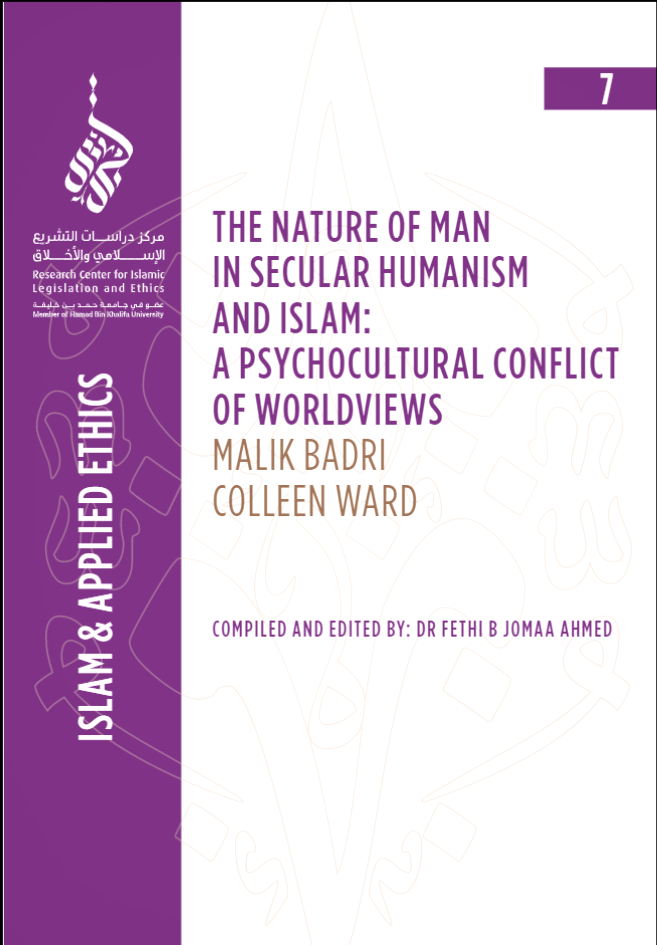The main article of this book argues that it is a psychologically established fact now that the image that we have about others and ourselves is developed very early in our childhood and will remain with us for life. It is in these formative years that beliefs about the nature of human beings that are accepted by society are entrenched into the minds and hearts of the new generations as if it were a religion. Therefore, they will establish the belief about human nature that will influence the way adults behave and how they view the world through their biased hue. This, in a nutshell, is how worldviews are formed and preserved. The author identified the conflicting understandings of human nature found in Islamic and Western psychologies. It has been argued that there is a fundamental clash between Western and Muslim worldviews, including key differences in the understanding of human nature or fitra in the Islamic tradition.
The respondent explores the basis of conflicting explanation of human nature found in Islamic and Western psychologies as identified by the main article and elucidates broader differences in worldviews that underpin these beliefs. It starts by offering an eco-cultural perspective on how and why Western and Islamic worldviews are different and the implications of these differences for psychology. Then, it examines an Islamic critique of Western psychology, identifying points of agreement and disagreement in the understandings of the underlying assumptions of the discipline. Besides, it introduces the notion of indigenous psychologies and look for ways in which a spiritual dimension may be acknowledged and incorporated in the approach of understanding human behavior and experience. This is followed by a discussion of the ways in which an indigenous Islamic psychology may develop. Then, it briefly conclude with questions about future directions against a backdrop of conflicting worldviews.

